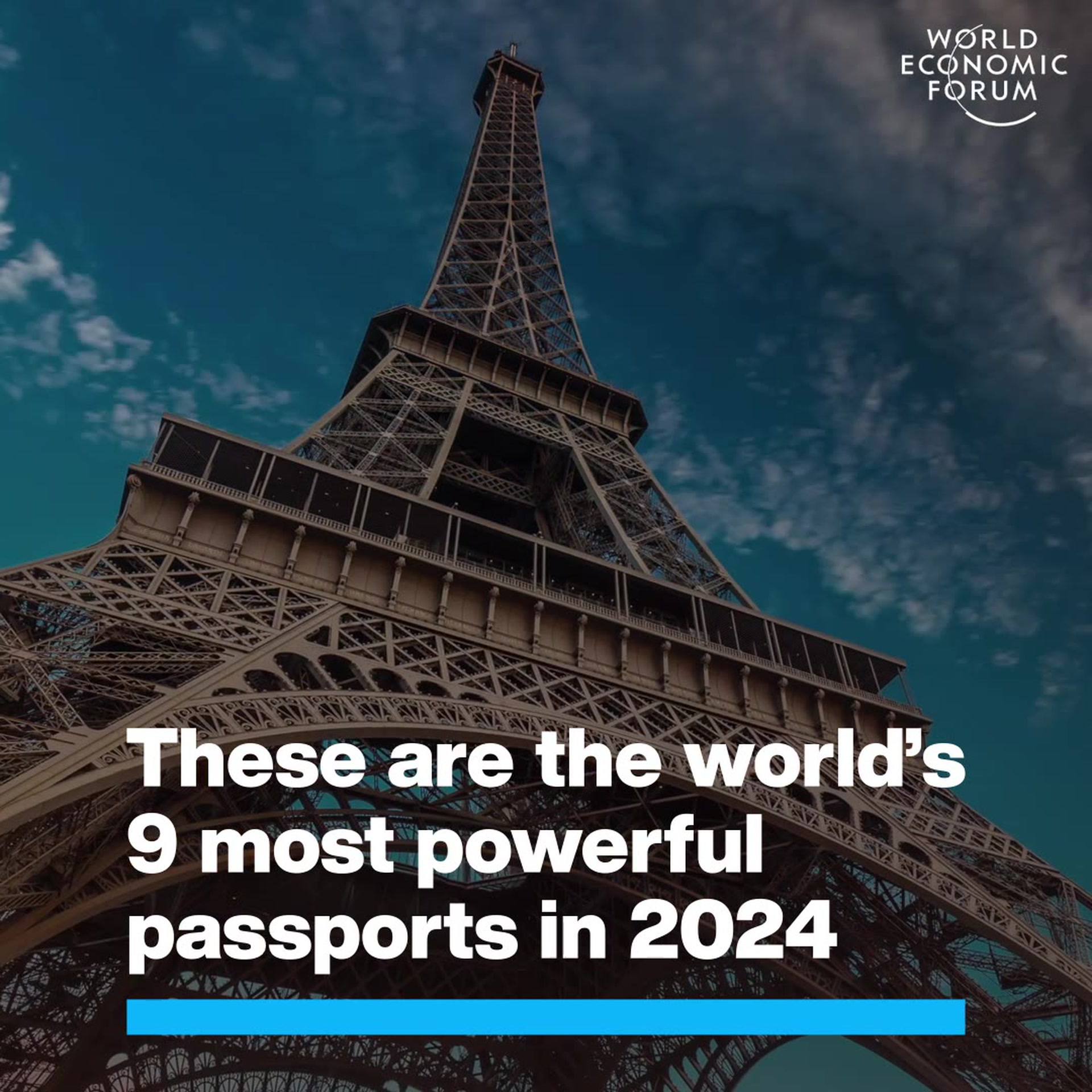A new era of sustainable travel prepares for take-off

German startup Lilium's flying taxi uses all-electric vertical take-off and landing. Image: Lilium via REUTERS.

Get involved with our crowdsourced digital platform to deliver impact at scale
Stay up to date:
Travel and Tourism
- Rebuilding travel sustainably in the wake of the pandemic has become a priority for the industry.
- Changing travel habits, accelerated fleet retirements, subsidies for biofuels and new technologies are key enablers.
- This five-point framework outlines the flight path for the coming years.
At the last World Economic Forum’s annual meeting in Davos, weeks before the start of the pandemic, Greta Thunberg warned that “our house is on fire” and we need to take urgent action. In my recent speech at Stanford Graduate School of Business, I predicted that we have now reached a tipping point when it comes to environmentally sustainable travel, in the wake of the pandemic. The transportation industry will reach a sustainable cruising altitude and build back better using my 5P framework of purpose, prepare, pursue, partner and pivot:
1. Purpose
First of all, travel purposes are changing. The pandemic caused a surge of self-reflection on life choices and the new normal for business meetings takes place online. A report released by Booking.com found that 53% of global travellers wanted “to travel more sustainably in the future as Coronavirus has opened their eyes to humans’ impact on the environment.” The hassle and cost of PCR testing is likely to remain for some time, driving leisure travellers towards fewer, but longer trips.
Over the last 12 months, the average trip doubled from 4 to 9 days and McKinsey are forecasting a 20% long term reduction in business travel. The rise of “work from anywhere” and “bleisure” will blur the lines between business and leisure, leading to travel purposes being combined. This trend of longer travel means fewer emissions, whilst travellers prioritize more meaningful experiences, less crowded destinations and visiting loved ones.
2. Prepare
The travel industry is preparing for carbon neutrality through a combination of increased fuel efficiency, alternative fuels, new technologies, carbon capture and carbon offsets, with half of the world’s airlines announcing net-zero commitments in the last 12 months. Several companies have made sustainability core to their mission, even in the middle of the crisis. For example, all of easyJet’s flights are now carbon neutral through offsets, British Airways owner IAG committed to powering 10% of its flights with biofuel by 2030 and Carnival Cruises aim for a 40% reduction in emissions by 2030.
Most network carriers have also restructured their fleet and retired older fuel inefficient aircraft, especially four-engine wide bodies, dramatically reducing emissions. For example, Delta retired 227 old jets in 2020 and you are unlikely to ever fly on a Boeing 747-400 ever again. The transition to next generation A350s and B787s, which produce 30% fewer emissions per passenger, has been accelerated. In fact, the 10 largest carriers will produce around 20% fewer emissions (CO2/RPK) when they resume long-haul flying next year, based on retirement of their older aircraft.
3. Pursue
According to IATA, it will take airlines until at least 2023 to pursue a full ramp up of flying, given their investment backlogs and doubling of industry debt levels. There will be a shortage of capacity as leisure travel rebounds strongly over the next 12 months, driving up ticket prices and dampening demand. Travel search engines will start to nudge travellers towards pursuing more environmentally friendly choices. Sweden’s leading metasearch platform, Flygresor, was the first to show CO2 emissions data during flight search and Google will soon follow. By displaying business class travel with around three times higher emissions as economy and fewer emissions for non-stop compared to connecting flights, travellers will be more informed about their flight choices.
At the same time, startups such as Lilium, Vertical Aerospace and Joby are set to transform urban mobility using all-electric vertical take-off and landing (eVTOL) aircraft and have raised billions of dollars using special purpose acquisition companies (SPACs). Once the technology, infrastructure and regulation are developed this will expand into longer distances. Virgin Hyperloop has successfully tested their levitation technology and aims to start service by 2027. Two startups, ZeroAvia and Universal Hydrogen, are developing hydrogen-powered aircraft and Airbus is developing the world’s first zero-emission commercial aircraft.
4. Partner
The Forum has been mobilizing partners across the travel industry to develop sustainable business models through the Global Future Council for Sustainable Tourism and introduce industry-wide metrics to measure how the recovery leads to more sustainable tourism. Industry change is being supported in Europe by government bailouts tied to reductions in emissions and domestic flying. In the United States, the Biden administration has re-joined the Paris Climate Accord and included subsidies for production of biofuels in the most recent $6 trillion budget.
Partnerships with suppliers, manufacturers and airports are required to decarbonize air travel. Lufthansa Group, where I used to chair the CSR council, has been a first mover in developing biofuel supply chains and is working with Siemens and Mubadala, to establish green hydrogen fuels. Emirates has partnered with the Forum’s Clean Skies for Tomorrow Coalition, which has charted a path for the industry to achieve carbon neutral flying. System collaboration is moving faster than ever before.
5. Pivot
The pandemic caused many employees in the sector to pivot their careers and travel companies to reinvent themselves. The best example of pivoting is Surf Air, which started as a Californian private aviation membership club, and is now providing conversion of regional aircraft to hybrid electric propulsion. Lime has pivoted from e-bikes to a one-stop app for all electric vehicles.
Frequent traveller programmes will also have to be reinvented to become relevant, with many “road warrior” day trips permanently replaced by Zoom meetings. Until now most travel players have responded by extending status for an extra year. However, a redesign of programmes is required and some companies have started including co-branded credit card spend towards elite qualifying thresholds and this could be extended to include green decisions, such as buying carbon offsets.
Expect a more sustainable era for air travel as the rebound picks up pace.
Don't miss any update on this topic
Create a free account and access your personalized content collection with our latest publications and analyses.
License and Republishing
World Economic Forum articles may be republished in accordance with the Creative Commons Attribution-NonCommercial-NoDerivatives 4.0 International Public License, and in accordance with our Terms of Use.
The views expressed in this article are those of the author alone and not the World Economic Forum.
Related topics:
The Agenda Weekly
A weekly update of the most important issues driving the global agenda
You can unsubscribe at any time using the link in our emails. For more details, review our privacy policy.
More on Travel and TourismSee all
Naoko Tochibayashi and Naoko Kutty
March 28, 2024
Abeer Al Akel and Maimunah Mohd Sharif
February 15, 2024
Priya Singh
February 8, 2024
Thea de Gallier
January 31, 2024






